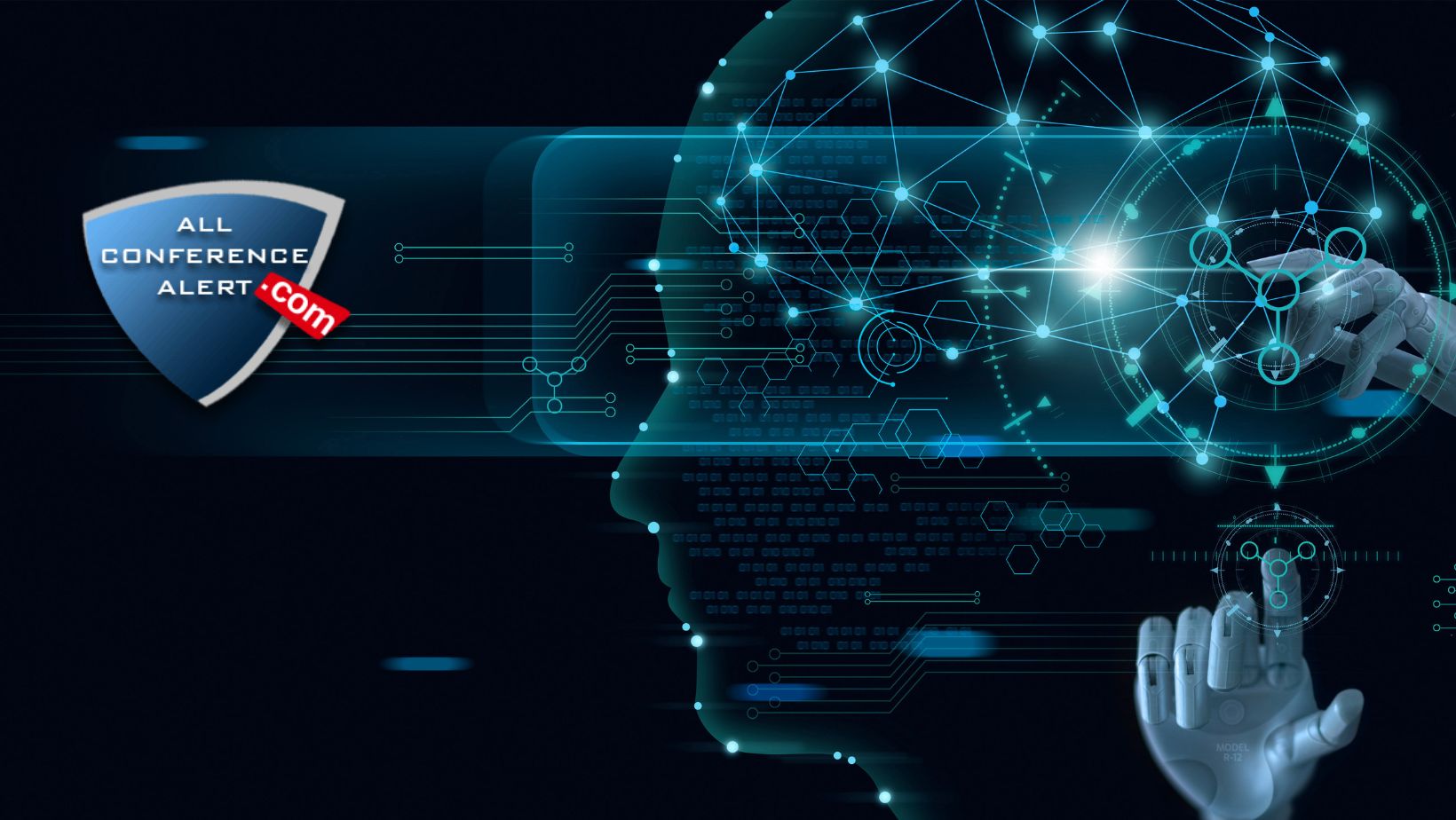Robotics is a multidisciplinary field that involves the design, construction, operation, and application of robots. Robots can perform tasks that are difficult, dangerous, or tedious for humans, such as exploring space, manufacturing products, cleaning nuclear waste, or assisting in surgery. However, to achieve these goals, robots need to have the ability to perceive their environment, plan their actions, and control their motions in a robust and adaptive way.

Machine learning is a branch of artificial intelligence that enables computers to learn from data and experience without being explicitly programmed. Machine learning can provide robots with the capability to learn from their own sensors, actions, and feedback, and to adapt to changing situations and new tasks. Machine learning can also help robots to leverage large-scale data from other sources, such as the internet, human demonstrations, or simulations.
The Conference on machine learning for Robotics: perception, planning, and Control is a premier event that brings together researchers and practitioners from academia and industry to share their latest advances and challenges in applying machine learning techniques to various aspects of robotics. The conference covers topics such as:
Perception
Perception is the process of acquiring, processing and interpreting sensory information from the environment. Perception enables robots to recognize objects, faces, gestures, sounds, scenes, and events. Perception also allows robots to estimate their own state and pose, as well as the state and pose of other agents in the environment.
Machine learning can help robots to improve their perception capabilities by using deep neural networks, probabilistic graphical models, unsupervised learning, self-supervised learning, active learning, transfer learning, domain adaptation, and multimodal fusion.
Applications and challenges of perception in robotics are:
Object recognition: The task of identifying and classifying objects in images or videos. Object recognition is essential for robots to interact with their surroundings and manipulate objects. Object recognition can be challenging due to variations in illumination, occlusion, scale, pose, shape, texture, and clutter.
Face recognition: The task of identifying and verifying human faces in images or videos. Face recognition is useful for robots to communicate with humans and provide personalized services. Face recognition can be challenging due to variations in facial expression, orientation, lighting, occlusion, aging, makeup, and accessories.
Gesture recognition: The task of recognizing human gestures in images or videos. Gesture recognition is important for robots to understand human intentions and commands. Gesture recognition can be challenging due to variations in gesture style, speed, duration, and context.
Planning
Planning is the process of generating a sequence of actions that achieve a desired goal or outcome. Planning enables robots to navigate in complex environments, manipulate objects, cooperate with other agents, and solve problems. Machine learning can help robots to improve their planning capabilities by using reinforcement learning, imitation learning, inverse reinforcement learning, hierarchical reinforcement learning, model-based reinforcement learning, model-free reinforcement learning, multi-agent reinforcement learning, and curriculum learning.
Applications and challenges of planning in robotics are:
Navigation: The task of finding a path from a start location to a goal location in an environment. Navigation is essential for robots to explore and reach their destinations. Navigation can be challenging due to obstacles, uncertainty, dynamics, and constraints.
Manipulation: The task of grasping and moving objects in an environment. Manipulation is useful for robots to perform tasks such as assembly, sorting, or cooking. Manipulation can be challenging due to object properties, grasp stability, motion planning, and error recovery.
Cooperation: The task of working together with other agents to achieve a common goal. Cooperation is important for robots to collaborate with humans or other robots. Cooperation can be challenging due to communication, coordination, trust, and fairness.
Problem-solving: The task of finding a solution to a problem that satisfies some criteria. Problem-solving is necessary for robots to deal with novel or complex situations. Problem-solving can be challenging due to search space, optimality, feasibility, and scalability.
Control
Control is the process of executing the planned actions in a precise and stable manner. Control enables robots to move their joints, limbs, wheels, or propellers in coordination with their sensors and actuators. Control also allows robots to cope with uncertainties, disturbances, and constraints in the environment. Machine learning can help robots to improve their control capabilities by using optimal control, adaptive control, robust control, nonlinear control, stochastic control, predictive control, and feedback linearization.
The conference on machine learning for Robotics: perception, planning, and control provides a unique opportunity for researchers and practitioners to exchange ideas, network, and collaborate on advancing the state-of-the-art in machine learning for robotics. The conference features keynote speeches, invited talks, oral presentations, poster sessions, workshops, tutorials, demonstrations, and competitions. The conference also offers awards for the best paper, best student paper, best poster, and best demonstration.
For more information about the conference, please visit the official website.